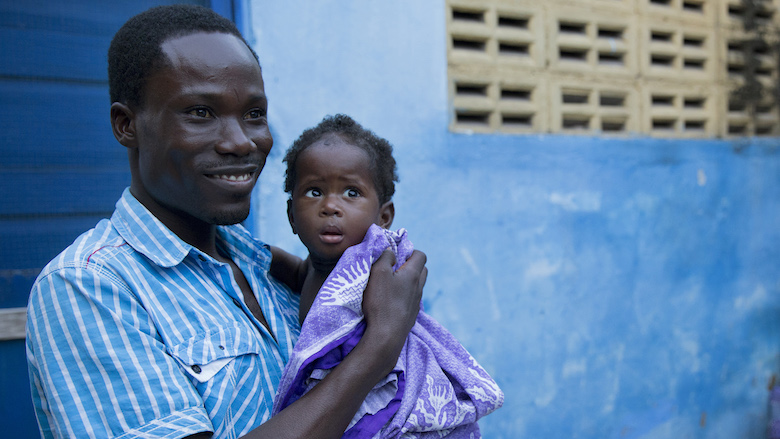Although research shows the importance of stimulating infants and young children by talking to them, not all caregivers know to do this. In Ghana, where infant-directed speech is not common, researchers took advantage of an ongoing panel survey to implement simple interventions like videos promoting the importance of infant-directed speech and the provision of calendars as a reminder and tool to help caregivers track how much they speak to their infants. Since these interventions, along with a combination of the two interventions, were randomly assigned to survey respondents, in later phone surveys and direct assessments of children, researchers will be able to test the impact of these different approaches on parental views on speaking to children, parents’ self-reported practices, and children’s cognitive scores.
| Study title: | Promoting Infant-Directed Speech in Ghana |
|---|---|
| Research question: | Can a low-cost video and related material increase the practice of IDS and improve early child development? |
| Policy problem: | Low use of infant-directed speech (IDS) among parents significantly hinders early childhood development. |
| Evaluation design: | Treatment 1 Households are shown a 3-minute video describing the value of IDS. The video is a simple animation with a voiceover describing the value of IDS and encouraging families to speak to their babies. Treatment 2 Households are shown the same video as treatment group 1, but after the video, they receive a calendar that contains images from the video, key information about IDS, and a chart for self-monitoring progress. Control These households receive no intervention. |
| Data sources: | Questions about use of IDS and child’s development added to pre-existing household panel survey and direct observation of children using tasks developed in laboratories among developmental psychologists. |
| Researchers: | Pascaline Dupas, Seema Jayachandran, Mark Walsh |
